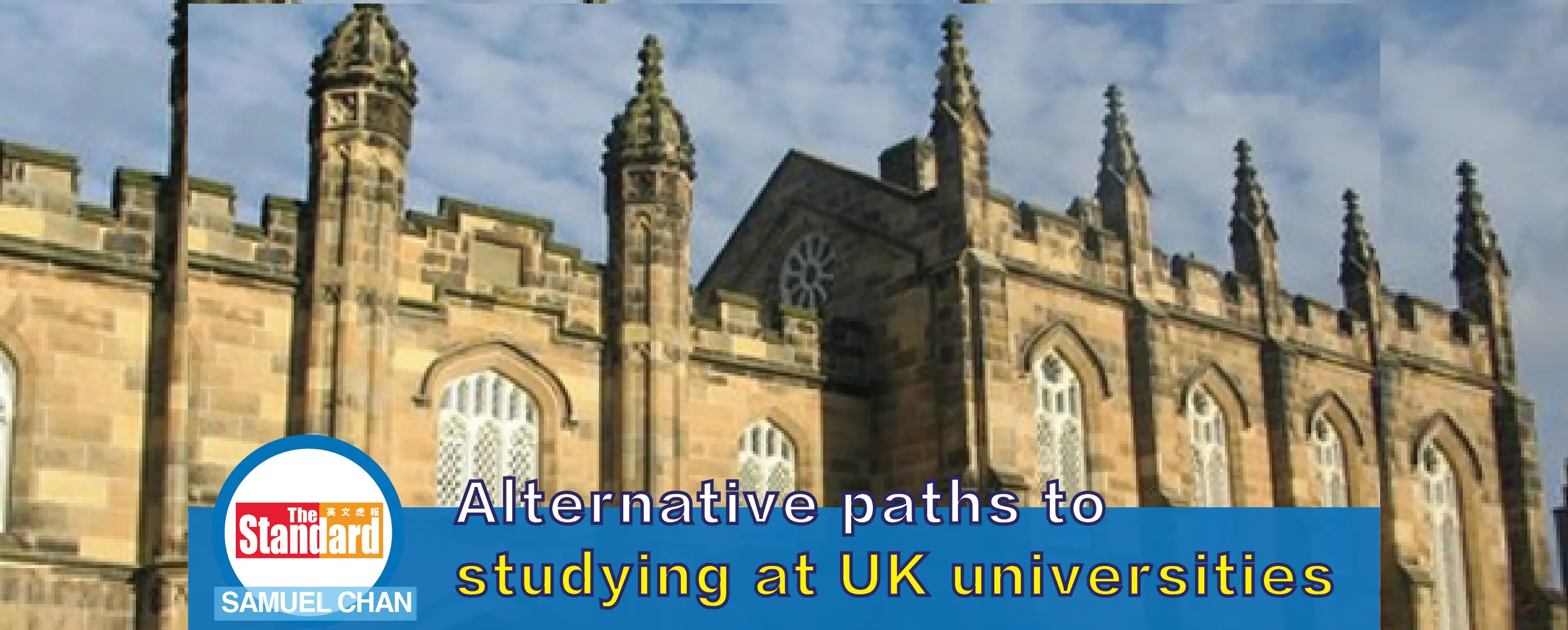Applying to universities can feel stressful. You might have big dreams about your future and put immense pressure on yourself to achieve certain grades or attend a particular university.
Then there is the pressure of parental expectations. All of that comes on top of the need to study for exams.
Last, but by no means least, there’s that psychological transition from teenager to young adult; going through this can in itself make for a very uncertain and emotional time.
As far as university entry is concerned, there are three options available if you’re uncertain about your grades. Don’t panic. There are ways to get you to UK universities.
UCAS Clearing
“Clearing” is the name of the process that British universities use to fill vacant places after the main application phase has taken place.
In other words, if you’re a late applicant (after June 30) this is the service for you. It’s also what you should use if you don’t achieve the grades required for your offer, or if you weren’t made offers by the universities you applied to. In fact, even if you were made offers but didn’t like them then you should use Clearing.
This is by no means just an option for international students. A huge number of British students use Clearing every year to find university places and there’s lots of information about it on the UCAS website.
Apart from the UCAS Clearing option, there are also two types of pathway courses available that work well for international students – an International Foundation Program and an International Year One.
International Foundation Program
This course generally lasts one academic year and prepares you for a full degree. You’ll do this year first in preparation, then go on to the standard three years of a degree (or longer depending on your course.)
The entry requirements for the DSE are typically 3-2-2 to 3-3-2 and most programs will also accept Form 5 and AS students.
There’s a wide range of subjects available, from science and engineering to business, and law and humanities. Usually, your course also includes English language modules to bring your spoken and written English up to the required standard for studying a degree in a year’s time.
With many of the courses on offer, if you pass you get direct entry into your degree program.
Some examples of excellent courses that you can access this way are architecture at Newcastle University, oil and gas enterprise management at the University of Aberdeen, physiotherapy at the University of East Anglia, economics at the University of Nottingham and law at Durham University.
International Year One
The major difference between taking this path and the International Foundation Program is that, when you pass, this one takes you straight into the second year of a degree course.
In other words, this is the equivalent of studying the first year of your course. What you get is a combination of core modules and modules that are specific to your subject, again with English language modules included as well. Examples are media and film studies at the University of Sussex, management and business economics at the University of Exeter and law at the University of Essex.
If you wanted, say, to study business and you’d completed your DSE or GCE, you might like to apply directly to an International Year One program as a back-up choice.
Remember that you need have no fear of wasting your time with this route as the year of study counts as the first year of your degree.


